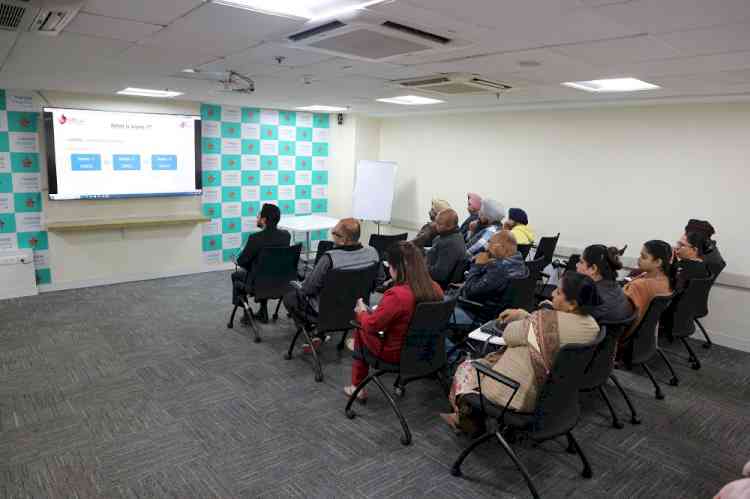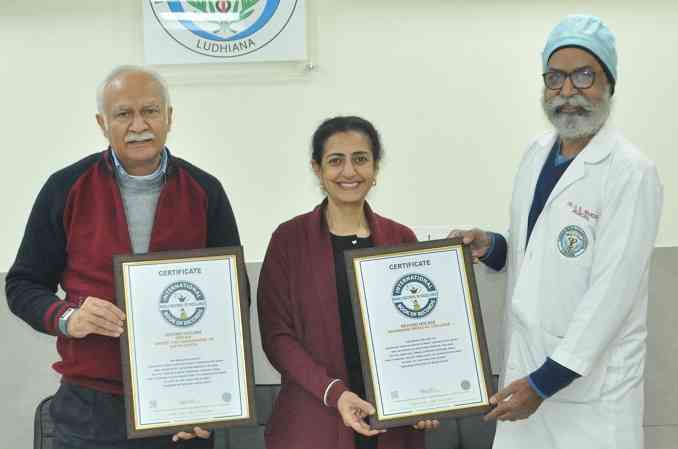Manipal Hospital, Patiala organizes Sepsis Awareness Program with ISCCM
Manipal Hospital, Patiala in association with the Indian Society of Critical Care Medicine (ISCCM) successfully organized a Sepsis Awareness Program today. The program aimed at educating both healthcare professionals and the public about the dangers of sepsis and the importance of early recognition and treatment.

Patiala, February 26, 2024 : Manipal Hospital, Patiala in association with the Indian Society of Critical Care Medicine (ISCCM) successfully organized a Sepsis Awareness Program today. The program aimed at educating both healthcare professionals and the public about the dangers of sepsis and the importance of early recognition and treatment.
Sepsis is a life-threatening condition that occurs when the body's response to an infection injures its tissues and organs. This can lead to shock, multiple organ failure, and death. It is important to understand that Sepsis is a medical emergency that requires timely detection and diagnosis. The Sepsis Awareness Program helped in gaining valuable insights into the prevention and also included interactive sessions, allowing doctors as well as patients to ask questions and gain a deeper understanding of sepsis.
Commenting on the Sepsis Awareness Program, Dr. Sumeet Jhingan, Consultant Intensivist, and Chairperson of ISCCM Patiala branch said, “More than half of the patients in intensive care units in India suffer from sepsis and such cases have risen sharply over the past decade. Hence, our goal is to prevent, treat, and rehabilitate persons with infectious diseases. Through this program, we raised awareness about sepsis, the importance of early identification of the causes, and accurate diagnostics that play a crucial role in the effective management of sepsis.”
Speaking on the Sepsis disease, Dr. Guneet Singh, Senior Consultant - Critical Care, Manipal Hospital, Patiala, said, “Sepsis is a serious medical condition and hand hygiene is a simple yet most effective tool in preventing the spreading of infections. Proper handwashing practices like washing your hands frequently with soap and water can significantly reduce the risk of sepsis.”


 City Air News
City Air News 










